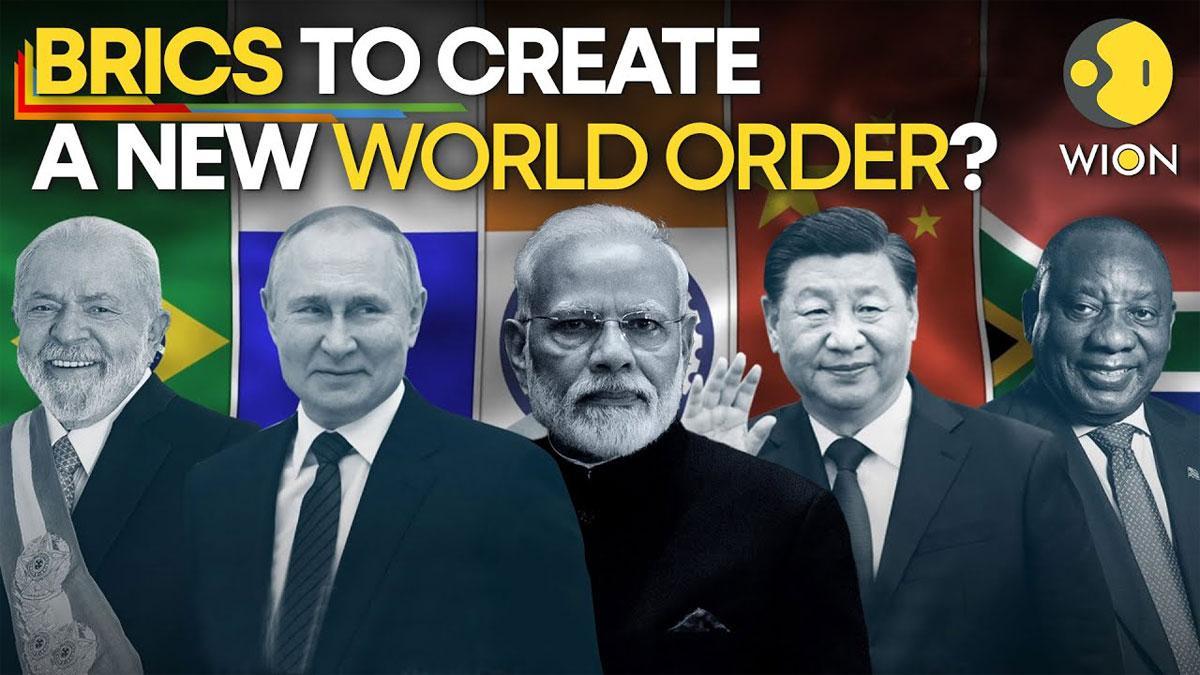Africa-Press – Lesotho. Brazil, Russia, India, China, South Africa — in anagram order but not necessarily in order of importance, are holding their summit in South Africa. Reports suggest that both China and Russia would like to open the group to admit new members whereas Brazil, India, and South Africa are somewhat skeptical of such an approach.
The importance of the BRICS nations as a totality should not be underestimated because as a group, these nations make more than 25% of the global economy, and account for a little more than 40% of the world’s population.
On the other hand, the utter lack of clout of this organization is evident when one realizes that Brazil, Russia, and South Africa are minor players in the larger economic context.
Certainly, Russia, with its vast energy resources, fertilizer exports, and immense grain production, has the potential to be an economic force but only if it embraces the rules of civilized conduct, a precondition for nations with a smattering of a moral compass to entertain allowing Russia’s unfettered access to world markets and the international financial system.
Whereas the desire of China and Russia to expand membership in the BRICS group is understandable, allowing Iran and Cuba to join risks creating a further rupture with the US for countries that value their relationship with Washington. Certainly, India, Brazil, and South Africa, at least to the point that they do not openly seek to antagonize the US, fall into this category.
Ever since Russia’s unprovoked war on Ukraine, China, India and South Africa, viewing their actions as reflecting their national self-interest, have pursued policy stances that to the US and Europe reflect turning a blind eye to their responsibility for moral leadership in the rules-based world order.
The tug of war about admitting new members and establishing a BRICS bloc that is strong enough to undercut American dominance of the world’s economy and the economic and financial transactions infrastructure that undergird international trade and regulation, reflects this ongoing dissonance.
Iran and Cuba remain under western sanctions and admission to the BRICS group is not going to undo those. When one adds disparate approaches on other political and security issues, the mortar that would otherwise bind a cohesive group is missing.
Adding more nations to the group is likely to exacerbate divisions rather than generate more cohesion. Whereas President Xi thought that forming an alliance with Russia even as the Western world distanced itself from Putin’s aggression against Ukraine, his dalliance with the Russian dictator has not redounded to his benefit.
There is a temptation to think that drawing Iran and Saudi Arabia into an anti-American vortex will benefit China and Russia. But India is hardly likely to be on board with such an approach.
Whereas India is, and will for a long time, remain dependent on Russia for arms and military aircraft, it is engaging robustly with the US on technology transfer for fighter aircraft engines and is a member of the QUAD group of nations whose focus is on keeping China from dominating the Pacific. India has its own problems with China on its borders and these are not going to be erased by cheerleading against the US.
For More News And Analysis About Lesotho Follow Africa-Press






